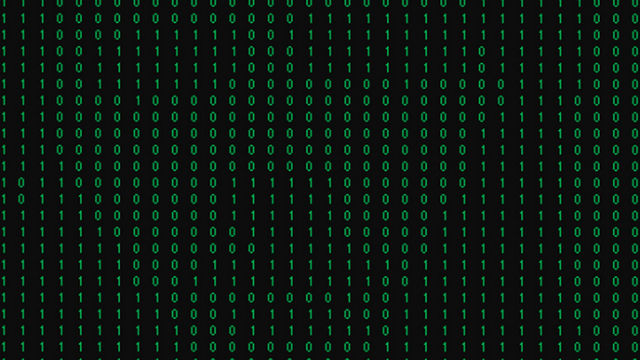Technology & Innovation
All Stories
“What follows is a partial agenda to raise economic growth and reduce the long run fiscal deficit.” Nobel Laureate Gary Becker has an economic plan for the U.S.
Tackling climate change and overcoming poverty are inseparable issues, say two renowned economists. The way to achieve both is through low-carbon economic growth.
The digital world and real world are becoming increasingly complimentary. A more efficient world with new social services is emerging, but is it a good idea?
The European Union is considering introducing legislation that would enable people to request that all personal information stored about them online be permanently deleted.
America’s inadequate welfare safety net has forced its leaders to take gambles to tackle unemployment, says Will Hutton at The Guardian.
Having relationships used to be easy, says Susan Orlean at The New Yorker. Online networks have created new and complex folds in our social fabric.
“Big Banker is watching you—more closely than ever.” Karen Blumenthal explains new techniques used by financial institutions to asses a person’s credit.
“The American dream is the ideology of the housing bubble.” Christopher Caldwell says the American Dream has virtually disappeared since the housing crisis.
“What has become of the rule of law in the U.S.?” Rewritten bankruptcy provisions reduce indebted homeowners to servitude, says Nobel Laureate Joseph Stiglitz.
In Senegal, money from Europe represents close to 10% of GDP. The flows of capital generated by migrant workers exceeds the foreign development aid Senegal receives.
Consumers today are knowingly and unknowingly providing businesses with more data than they’ve ever been capable of collecting before. The analysis of this information could have profound implications for business.
Forbes’ Quentin Hardy says the U.S. economy is on track to collapse in twelve years based on analyses of the diminishing rate of returns from private assets.
The Guardian’s Kevin Gallagher says that by depressing U.S. interest rates, quantitative easing forces developing countries to defend their currencies at crippling cost.
“Data-mining techniques reveal fake Twitter accounts that give the impression of a vast political movement.” Technology Review uncovers an online political scandal.
“A democracy is strengthened when its citizens are confronted with the raw truths that follow from the choices of their elected leaders.” The New Yorker on WikiLeaks.
“England’s economic crisis is a great deal like ours; its response has been dramatically different.” Judge Richard Posner on the U.K.’s austerity measures.
While the U.K. will not prosecute Google for privacy violations, its legislature is considering whether the Internet should be more tightly regulated.
“The U.S. has plenty of the metals that are critical to many green-energy technologies, but engineering and R&D expertise have moved overseas.”
“Self-driving cars, a windmill farm in the middle of the ocean—what is the search giant up to? As with its once-baffling investments in the likes of YouTube, Android and Wave, we’ll see.”
“Does a flourishing economy depend on delusion?” Virginia Postrel says the overly optimistic attitude of entrepreneurs is essential for a continually productive economy.
A new paper that finds that male professors who are “hot” are financially rewarded, while female professors who are “hot” are not.
With the economy in dire straits and unemployment soaring, could Anna Wintour have some helpful advice?
“Unlike most claims from politicians that intellectual property only provides benefits, (the Vatican) notes that the economic research is ‘contradictory.’
If you are a startup looking for investors, stay as close to home as possible. Forbes’ Maureen Farrell says fundraising rounds will be shorter and less frequent if you do.
The prolonged debate over net neutrality threatens to retard development of strong U.S. broadband lines while countries like Japan and South Korea plow ahead.
France’s new Internet piracy police has been scouring the Web for illegal downloaders of films and music, sending warning emails to suspected intellectual property thieves.
New research suggests that people are more comfortable with being dishonest on social networking sites like Twitter and Facebook than when speaking face-to-face.
“The differences between Twitter and Facebook mirror a longstanding debate about how the human brain processes other people.” The Frontal Cortex explains.
From high-speed rail and congestion pricing to privatization, Americans debate the best ways to invest in infrastructure and stimulate economic activity.
Software developer Steve Laniel says that if we really want the Information Age rather than the Chatter Age, there’s only one solution: relearn self-control.rn

